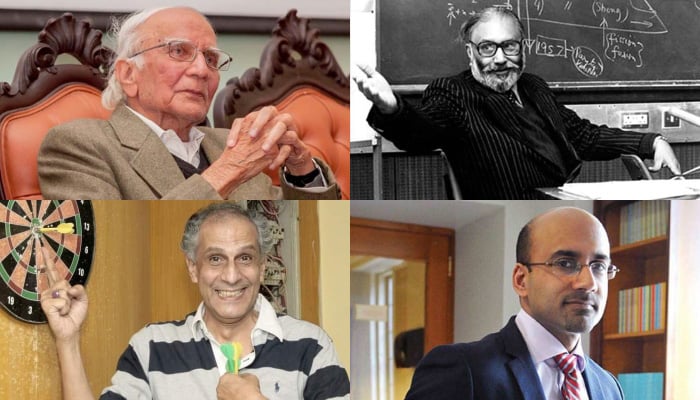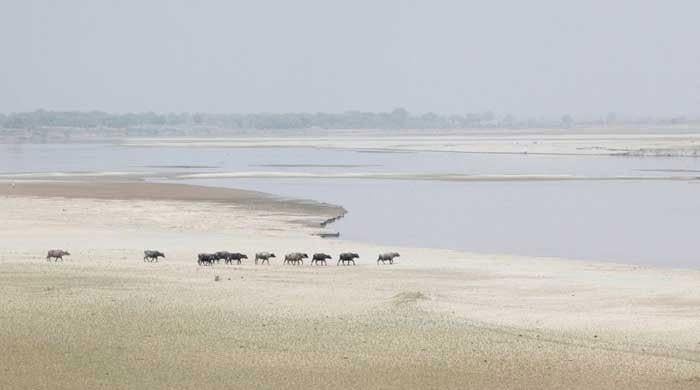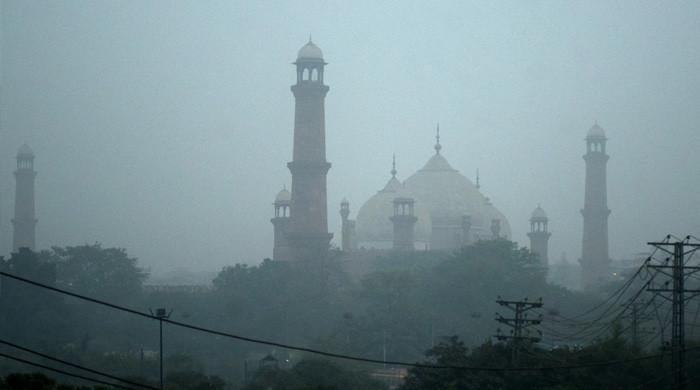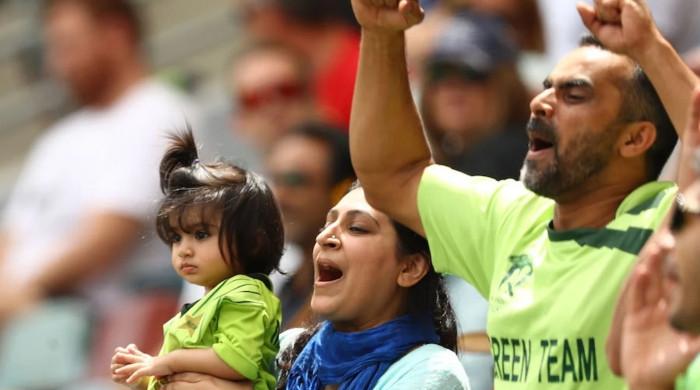The gems we had
Pakistan in the 1950s was considered a country with considerable potential and an ability to become a developed nation far quicker than many of its neighbours
December 08, 2022

Sometimes one wonders what happened to Pakistan. We wonder even more when men like Imran Aslam pass away, simply because such professionals were competent, creative and skilful in their relative professions.
There have been people like Imran Aslam in various spheres across Pakistan. The initial cabinet of Zulfikar Ali Bhutto, the first elected prime minister of Pakistan, included men of high calibre. Dr Mubashir Hassan was one such politician who possessed quality traits like in-depth knowledge of his field, integrity, and a willingness to serve the country. The fact that Bhutto himself later parted ways with these individuals does not take away from them their abilities or skills.
Such levels of competence have now been eroded to a huge extent. Pakistan in the 1950s was considered a country with considerable potential and an ability to become a developed nation far quicker than many of its neighbours. Today most social indicators put us behind Bangladesh and, in some cases, even Nepal. India’s strong economy outweighs us, regardless of the fact that the country is now being run by a fascist government.
At the same time, we have failed to accept the competence of people like Dr Atif Mian, the economist who was dropped from Imran Khan’s initial team of advisers. Dr Atif Mian has a brilliant understanding of what Pakistan needs and what faults lie in our economy. He explains these flaws in such a way that even non-professionals are able to understand both the main problems of our problems and his suggestions on how to move forward.
Others like him have come and gone. Dr Abdus Salam – now buried in Rabwa, his childhood home, where his grave is often desecrated – was a physicist of such brilliance that his work has led to entire institutions being named after him in several countries including Italy and the US. Yet at home, we barely acknowledge his achievements.
Other people who contributed a great deal in various fields such as education have also slid into oblivion. There used to be a time when geniuses like Patras Bukhari and Dr Nazeer Ahmad, both seen as giants in their fields and both known for their excellent rapport with students and their dedication to their profession, used to teach at institutions like Government College Lahore.
In medicine too, there were many people of integrity in colleges, such as King Edward in Lahore and Dow University in Karachi, who were held in prestige and honour. Much of this has been lost in an age when there is no willingness to accept that only excellence in all departments can move us forward and there are no shortcuts to success. We have come to know how some staff members at different medical colleges dissect cadavers on behalf of students, leaving us to wonder as to what kind of doctors we are training and sending into the field.
The question is: why has this happened and how? Is it our education? Is it our acceptance for mediocrity and poor performance? Is it the culture of ‘sifarish’ (bribe) and other things that have taken over the country or is it something completely different? Are our people not interested in engaging in hard work and climbing up the ladder through their efforts instead of relying on their relatives and others to recommend them?
We see the same thing in sports. Our national hockey team, which won its last Olympic medal in 1992, and which once featured players like Samiullah or Hassan Sardar, now struggles to find funds to travel abroad, requesting the private sector and the Pakistan Sports Board to fund them so that they can attend qualifying tournaments for international events including the Olympics.
It appears we have simply allowed our country to slide further into an abyss of despair and helplessness, which allows people with low merit and little ability to rise to the top. Precisely how this has happened is difficult to pinpoint.
We need a sociological study to see how we lost whatever integrity we may have had at the time of Partition and how we lost along with this the merit and calibre that allowed competent people to move up the ladder of success in their respective fields.
A great deal has to do with the culture of VIPs that we have introduced. Children of the rich are able to obtain degrees from top colleges virtually without effort. This signals virtual disaster, given that these people will go on to take over the most important jobs in the country.
The same problem haunts our politics and other fields. We need to find a way to put an end to this. How we can achieve this is difficult to say. It cannot be done in a few months, or even years. Step by step, we need to bring back merit and good performance as top factors in selecting people for top jobs in the bureaucracy, in politics, and in other spheres. The CSS exams are a glaring example of falling education standards. Most students do not know where countries like Brazil are located. Such reports are truly frightening. What if this is true for other fields such as medicine.
We are also responsible for ruining the teaching profession. The lack of respect given to this profession has led to fewer people wishing to take it up as a career. This is a kind of disaster. We need highly qualified and competent teachers to produce students who can go on to achieve for their country and demonstrate the kind of integrity and specialisation we need.
We also tend to push aside those who may be capable of producing a batch of competent students on the basis of their beliefs or other factors. This too has to stop. There was a time when Pakistan did not have to deal with such factors.
Those days have to be found again, one step at a time, and the pages from the past must be brought back. It is a difficult and arduous task. But it is one we cannot give up on if we are to move forward in any way and once again find people who can manage the faltering affairs of our country. The brain drain is just one example of how strongly people wish to move out of a country struggling in so many areas. The struggle will continue but there must be an endpoint from where we can find a way home.
The writer is a freelance columnist and former newspaper editor.
She can be reached at: [email protected]
Originally published in The News











